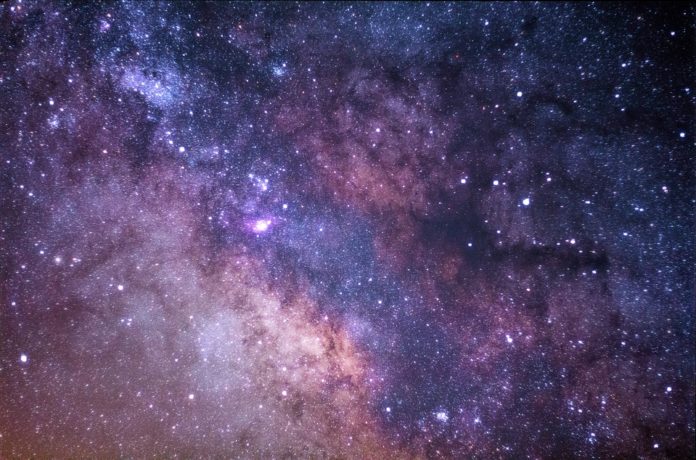Scientists in a recent study have investigated the nature of a cosmic phenomenon that slows down star formation. Scientists suggest that the study could help to ensure the Universe is a place where life can emerge.
On the off chance that life is to start in the Universe as it does on Earth, there are various things appear to be required, for example, an atmosphere, ozone layer, water, and habitable temperatures. But before it ever gets to that point, before planets even form, space itself needs to be primed.
This new study suggests that this specific type of starlight gives a kind of pressure that balances gravity, which slows down the rate of a galaxy’s star formation.
Lead researcher Dr Roland Crocker from the ANU Research School of Astronomy and Astrophysics said, “The research team studied particular way stars provide a counter-pressure to gravity that slows down the star-formation process. If star formation happened rapidly, all stars would be bound together in massive clusters, where the intense radiation and supernova explosions would likely sterilize all the planetary systems, preventing the emergence of life.”
“The conditions in these massive star clusters would possibly even prevent planets from forming in the first place.”
The ultraviolet and optical light from young and massive stars spreads out into the gas from which the stars have recently formed and hits the cosmic dust, which then disseminates infrared light that acts viably as a sort of pressure that pushes against gravity.
Dr Crocker said, “The phenomenon we studied occurs in galaxies and star clusters where there’s a lot of dusty gas that is forming heaps of stars relatively quickly.”
“In galaxies forming stars more slowly – such as the Milky Way – other processes are slowing things down. The Milky Way forms two new stars every year, on average. Other galaxies in our vicinity and elsewhere in the Universe continuously form new stars at a relatively slow and steady rate.”
The study indicated the phenomenon set an upper limit on how quickly stars can form in a galaxy or giant gas cloud. Scientists think that such and other forms of feedback help to keep the Universe alive and vibrant.
Dr Crocker said, “We are investigating other ways stars might feed back into their environment to slow down the overall rate of star formation.”
Scientists have published the study in the Monthly Notices of the Royal Astronomical Society.
